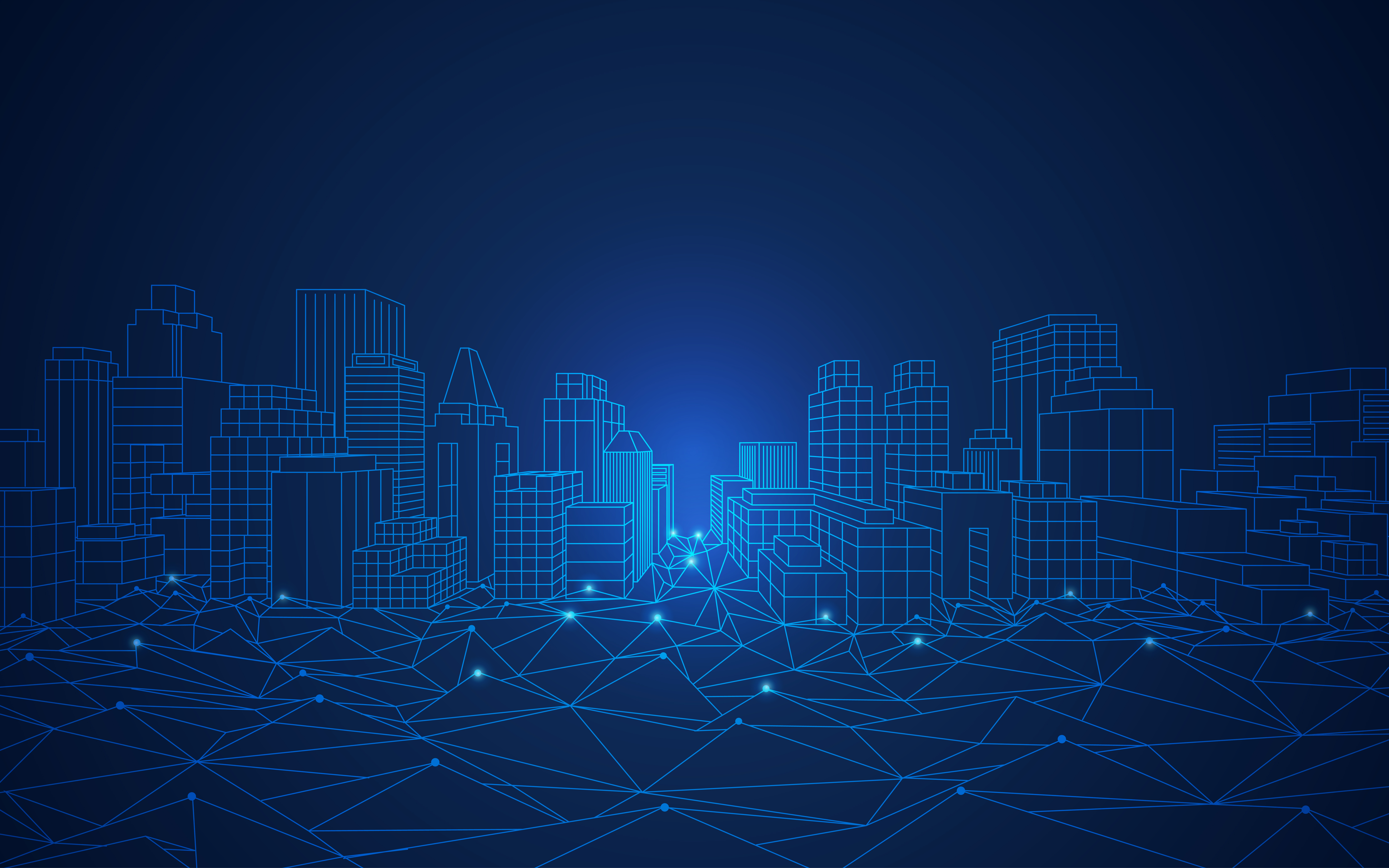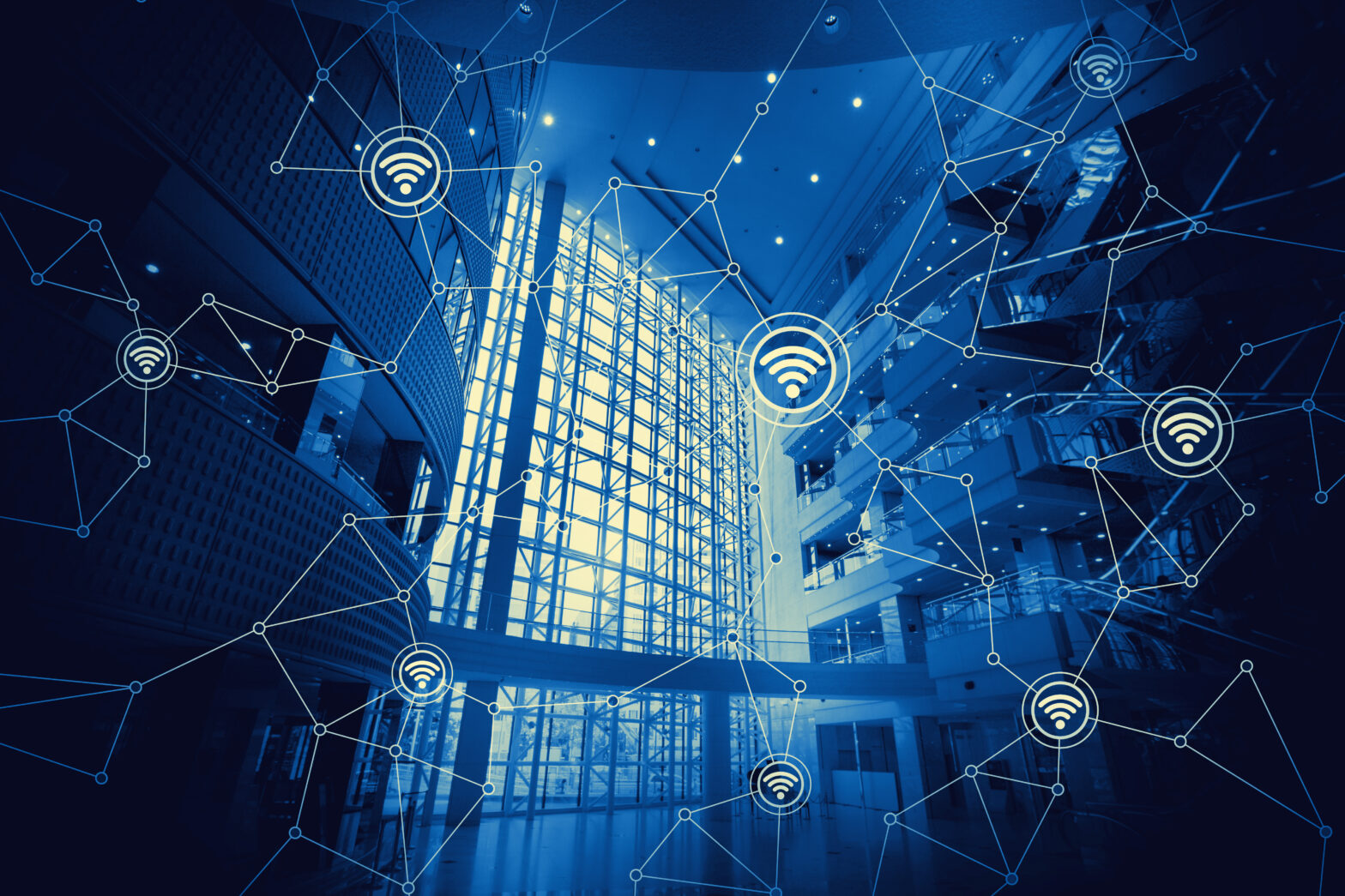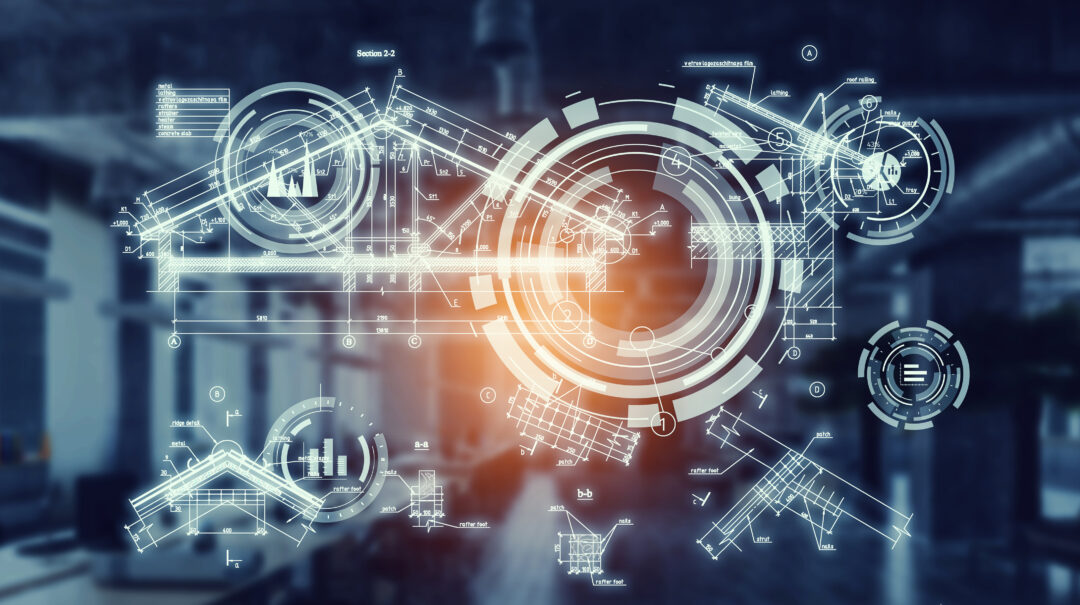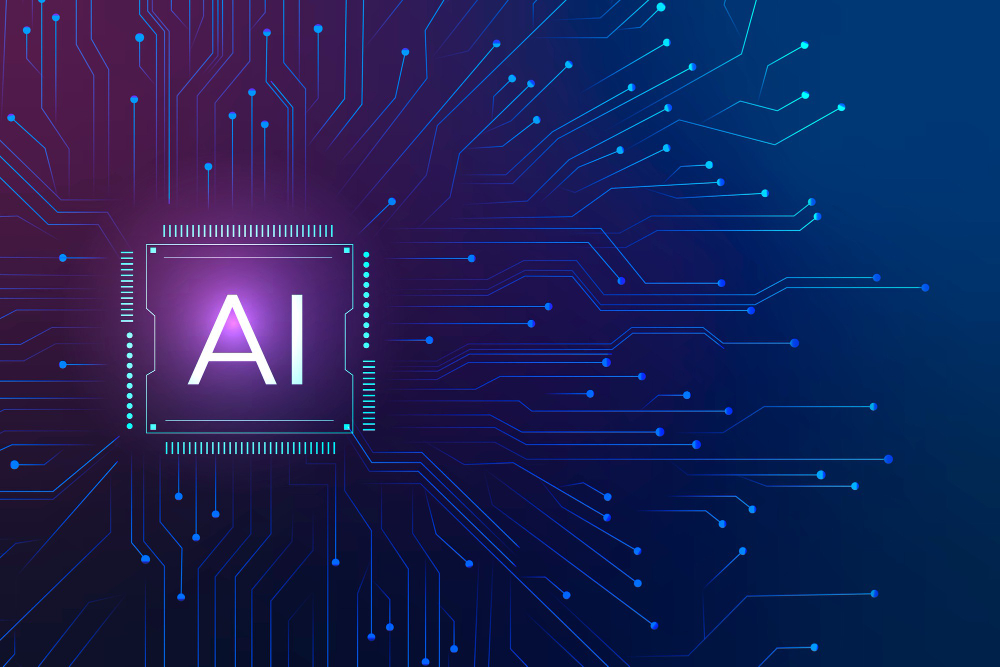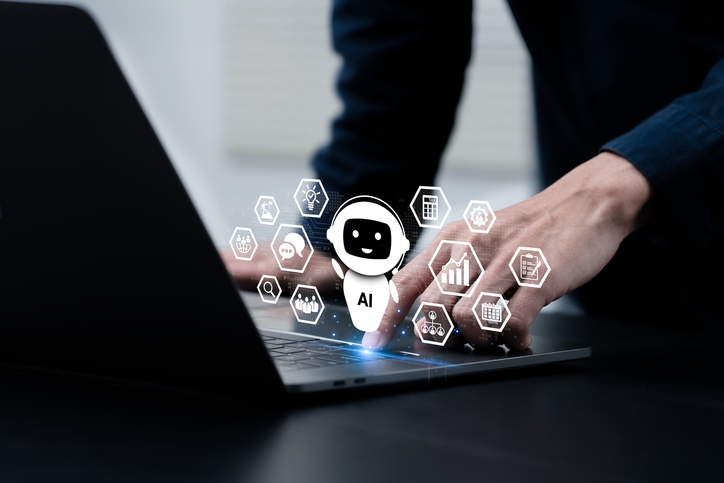The Industrial Internet of Things (IIoT) can be a force for good in helping organisations to drive sustainable initiatives forward. Companies now need to look at reducing material usage, increasing reuse and lessening corporate carbon footprints as commercial imperatives on top of being the right thing to do. New digital technologies are powering the Fourth Industrial Revolution (4IR) and IIoT lets companies reduce waste, cut costs, extend machine lifetimes and be ethically sound into the bargain.
Smart city technology: It’s all about the Internet of Things
Where is IIoT regarding sustainability?
The United Nations World Health Commission on Environment and Development describes sustainability as developments that “meet the needs of the present without compromising the ability of future generations to meet their own needs.” In other words, industrial processes and operations that do not create unnecessary excess waste and that also do not consume more resources than they generate.
IIoT presents industry with the opportunity to drive huge, new improvements to an organisation’s sustainability across all kinds of processes and developments. New IoT technologies enable monitoring of how much power a machine is using, and if it is using too much or being used at a time when electricity is being charged at peak rates, that can be adapted so the machine operates at off-peak times. Similarly, if a machine is consuming too much power, it can require maintenance: collecting data in real time gives us the options to change when and how machines are used, lowering their power intakes, and creating a more sustainable use case that is better for the environment.
In 2018, the World Economic Forum (WEF) published its Internet of Things Guidelines for Sustainability, which investigated 643 applications of IoT technology. The research found that 84% of use cases were addressing, or could potentially address, the UN’s Sustainable Development Goals.
How technology can help achieve the UN Sustainable Development Goals
The potential for IoT solutions in industrial environments is huge, and sadly, it is also necessary. Because in contrast to the possibilities uncovered by the WEF, the Organisation for Economic Cooperation and Development, (OECD) has reported that a group of ‘mega trends’ are driving change throughout businesses and the world at large, trends that will influence policy, commodity prices, energy and even the availability of water and other essential resources.
The OECD’s trends include the world’s population being forecast to grow by an additional 3 billion by 2050, almost half as much again as today’s population. So many people on the planet will place exponentially greater demand on agricultural land for cereal crops and animal products, while 55% more water will be required for social needs and 400% more water would be needed by manufacturing compared with the year 2000. On top of that, such an increase in population would also mean manufacturing’s demand for electricity would ramp up by 140%.
So, while we might not immediately think of IoT solutions as being CleanTech, the possibilities they offer industry could be vital. And there are already significant use cases in place, helping companies operate more ethically – and more efficiently – and having a positive impact on the planet.
Tech for good: Norwegian Refugee Council’s digital transformation strategy
Cutting wasted water with smart agriculture
Countries throughout the world, including populous nations like the US, China, India and Pakistan, are all closing in on their renewable water resource limits. According to the World Wildlife Fund, agriculture is responsible for consuming around 70% of the world’s fresh water, more than double what we use in industry and for municipal purposes. Leaky irrigation systems are at the root of waste water, and wasteful field application methods and cultivating of unsuitable crops are also factors. IoT can help. Farmers can grow healthy crops while reducing excess watering using a soil moisture sensing system that ensures crops get the right amount of water, while IoT tools can also control automated sprinkler systems that activate only when required. Little tweaks like these to farming methods can have a big knock-on effect.
Reducing food wastage
2017 saw the USDA issue 131 recalls that meant more than 20 million pounds of food went to waste — and in addition to sheer wastage, food that is buried in landfills creates almost 25% of methane emissions in the US. The UN estimates that around one-third of all food produced around the world for human consumption goes to waste. But it can be mitigated with IoT. Simple temperature monitoring and alert systems can ensure food is stored and transported at correct temperatures, meaning producers can cut spoilage and wastage.
Tech for Good: Sustainability at the heart of new land-based salmon farming initiative
Evolving the extraction industry
The oil and gas and mining sectors suffer from many kinds of incidents that can harm the environment: from hazardous material leaks to spills to tailings dam failures, extraction is another area that can benefit from implementing IoT solutions. To prevent environmental incidents becoming catastrophic ones, real-time IoT-enabled tracking sensors can enable oil and gas or mining companies to make quick decisions to minimise the impact of events on the environment and enhance sustainability. Recent adoption of IoT technology in the oil and gas industry has already resulted in increased productivity and sustainability. The same approach applies to electricity companies who use nuclear or coal to provide power. Nuclear, coal, oil and gas, and mining are all key areas where IoT can have a profound environmental impact.
Sustainability is a global imperative colour
Back in 2015 the UN General Assembly’s 194 countries adopted the 2030 Sustainable Development Agenda, which includes 17 sustainable development goals that member countries can use to measure progress. It is a complementary initiative to the WEF Digital Economy and Society System Initiative, designed to ensure that the planet has a digital future that is inclusive, trustworthy and sustainable.
Within that framework, IoT is a key focus, and according to McKinsey, is one of the three most impactful technological advancements the world will see before 2030. McKinsey has also forecast that by 2025, the economic impact of IoT will be around $11 trillion – around 11% of today’s global GDP.
Overall, sustainability and commercial growth can go hand in hand thanks to IoT solutions. The Global Commission on the Economy and Climate (GCEC) report Unlocking the Inclusive Growth Story of the 21st Century states that increasing investments in sustainable technologies could increase economic output globally by $26 trillion by 2030.
Will China dominate the global industrial Internet of Things market?




